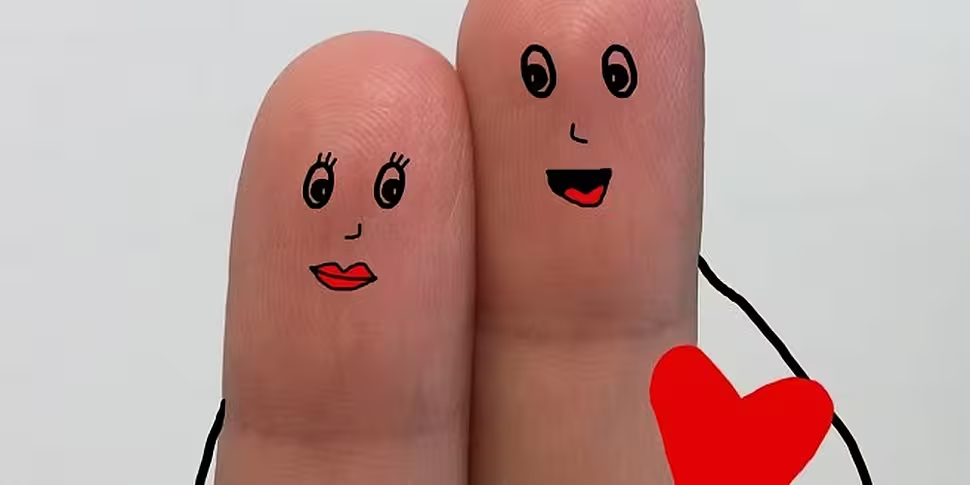Handling your phone during a date is a no-no, but feminism is an aphrodisiac according to the key finding of the seventh annual study of 5,500 singletons carried out by Match.com.
As the world’s largest online dating company, Match has made efforts to rigorously chart the dos and don’ts of modern love, noticing trends that affect how people aged 18 to 34 approaching falling in love.
The seventh survey highlighted how social media, for better and for worse, is playing a major role in setting the scene for romance. Almost one in six respondents reported feeling addicted to the process of searching for a date on online apps, with millennials saying they are 125% more likely to make that complaint than older generational groups.
Caught in a web?
But online dating is the most popular means of getting out there, with more than half of all singletons admitting to having created a dating profile. And it also proves more successful, with two out of five saying they’ve started a relationship with someone they’ve met online, compared to only one in four meeting through friends.
Regardless of the means to the end of finding a date, the medium is also the message, meaning that online personality and behaviour really matters – 42% of singles admit to taking a look at a potential suitor’s social media posts, with the same figure judging things by photos. Two out of five look down on bad grammar, with people slightly less judgmental when it comes to teeth and clothes.
The F word
A surprising finding in the study was that an affinity for feminism was seen as a boost with younger groups, with heterosexual men saying that their preferred date if a feminist. Three out of five men think that feminism as “changed the dating rules for the better,” arguing that valuing gender equality has made the whole process safer (55%), more enjoyable (54%) and easier (49%). On the flipside, women also showed a preference for a feminist world, with 57% responding that it “makes me feel more empowered in my dating life.”
When it comes to paying up at the end of the night, both sexes agreed that going Dutch was the best outcome. Seven out of ten men said they found a woman attractive when she offered to pay her share, while almost three out of four women felt happy to pay because it ruled out feeling obligated to do anything they may not want to do, such as a hug or second date.
Making the first move
Male respondents were also overwhelmingly happier to be the coy ones when it comes to physical interaction, with 95% of men saying the prefer when a woman initiates the first kiss and 93% initiating sex for the first time. Men also like it when women ask for their contact details and – despite pop culture suggesting women bide their time and wait for a man to call them after a date – 94% of men would like their female date to call first, provided the date went well.
Despite the strong support for women making the first move, female respondents showed themselves to be more reserved; only 29% said they would initiate the first kiss, 23% would initiate sex, and a paltry 13% would ask for a man’s number.
What not to do
Those who get over the initial hurdle and find themselves on a date can improve their chances of getting a second one by avoiding the top five dating taboos, as revealed by the study: three out of four daters are put off by people who answer their phones without an excuse during an encounter, while two out of three feel the same way about texting. Three out of five don’t even like daters placing their mobile phones on the table with the screen facing up, with the same number doubling down if their date actually starts answering a text message or social media notification. And don’t try escaping to the bathroom to check your phone, either, with two out of five millennials saying that is a turn-off.
At the same time, leaving your phone lying idly on a table while answering nature’s call can also prove problematic; those with iPhones are 21 times more likely to turn their nose up at a paramour with an Android device, while 86% of women think a cracked screen signals a bad partner.
Falling in love
If you can navigate through all these pitfalls, then the best indicators that you’re falling in love are all rather old fashioned. Rather than self-identifying as a couple through shared social media profiles, people said they were falling for each other when they care for each other when they’re sick (87%), attend a family event (83%), mention each other to friends (82%), go on holiday as a couple (79%), and mention their existence to their parents (76%).









